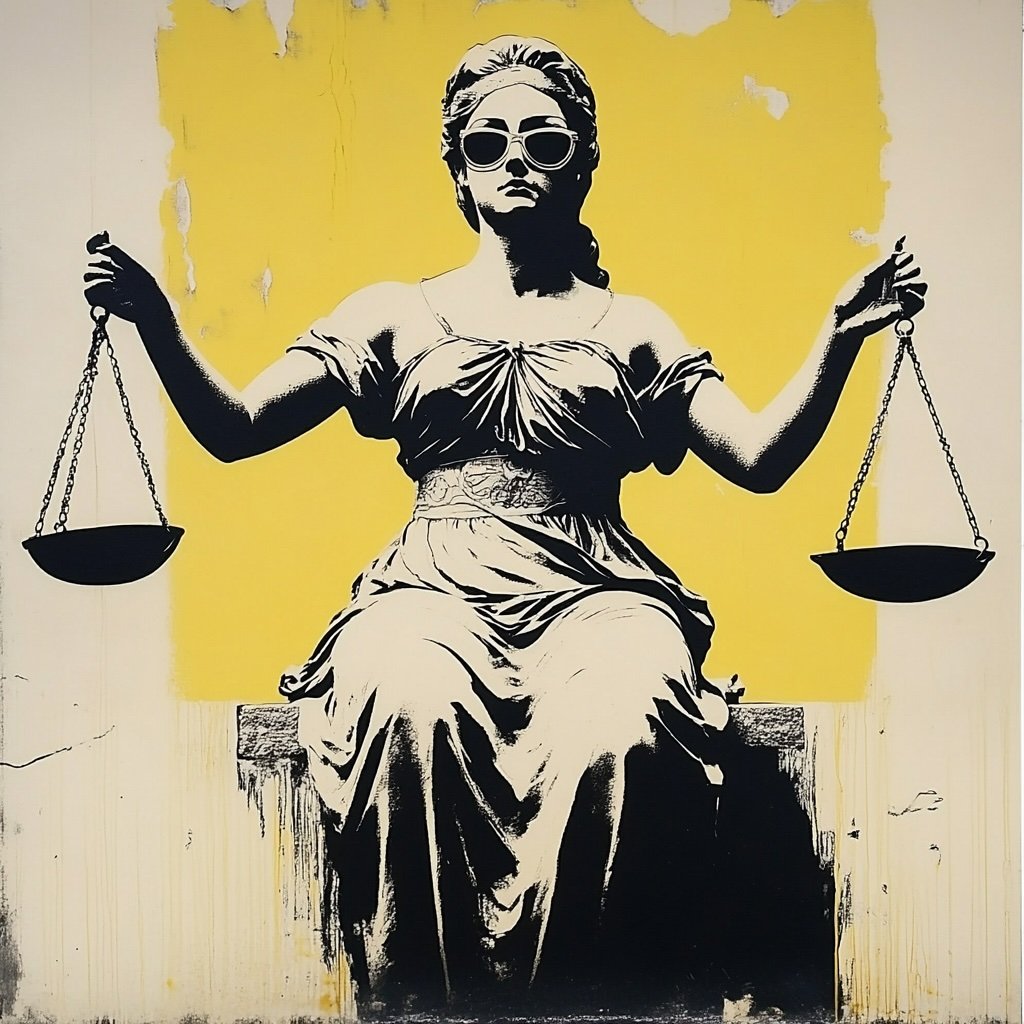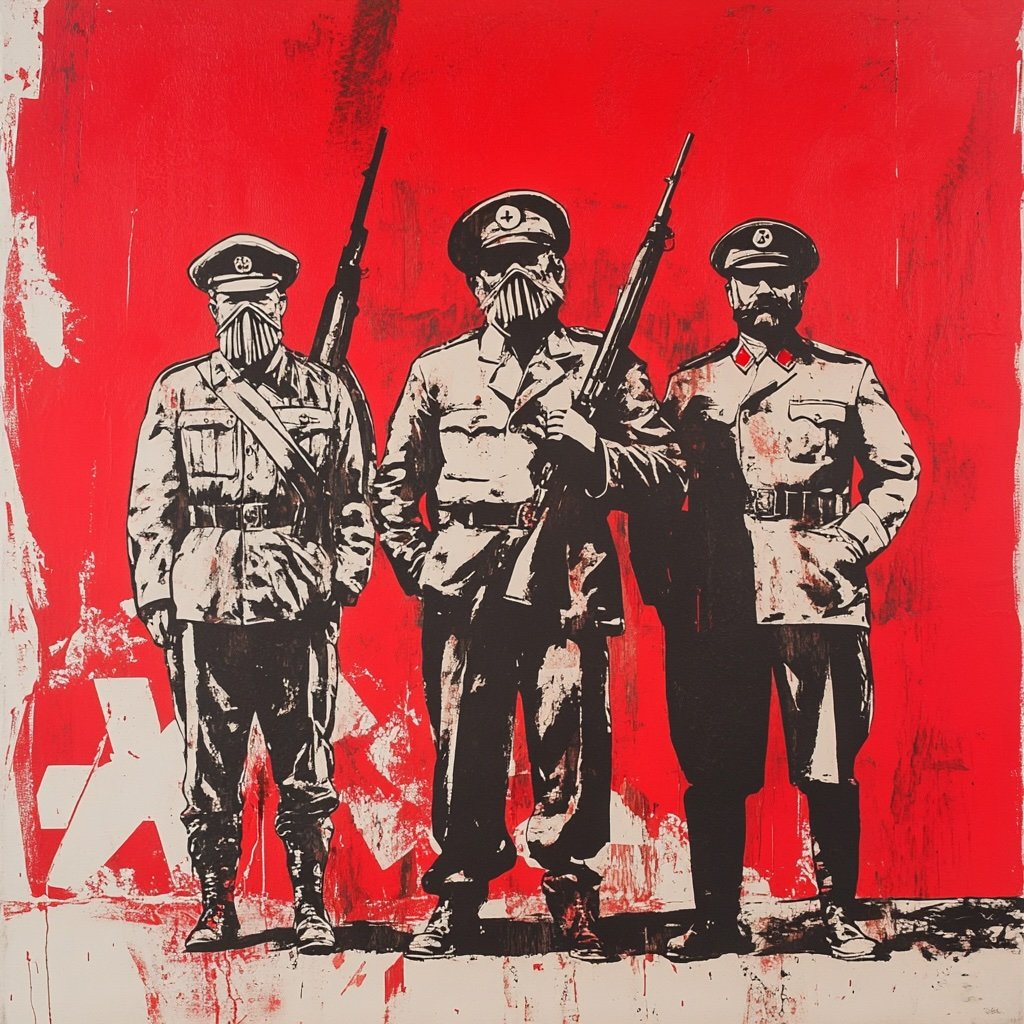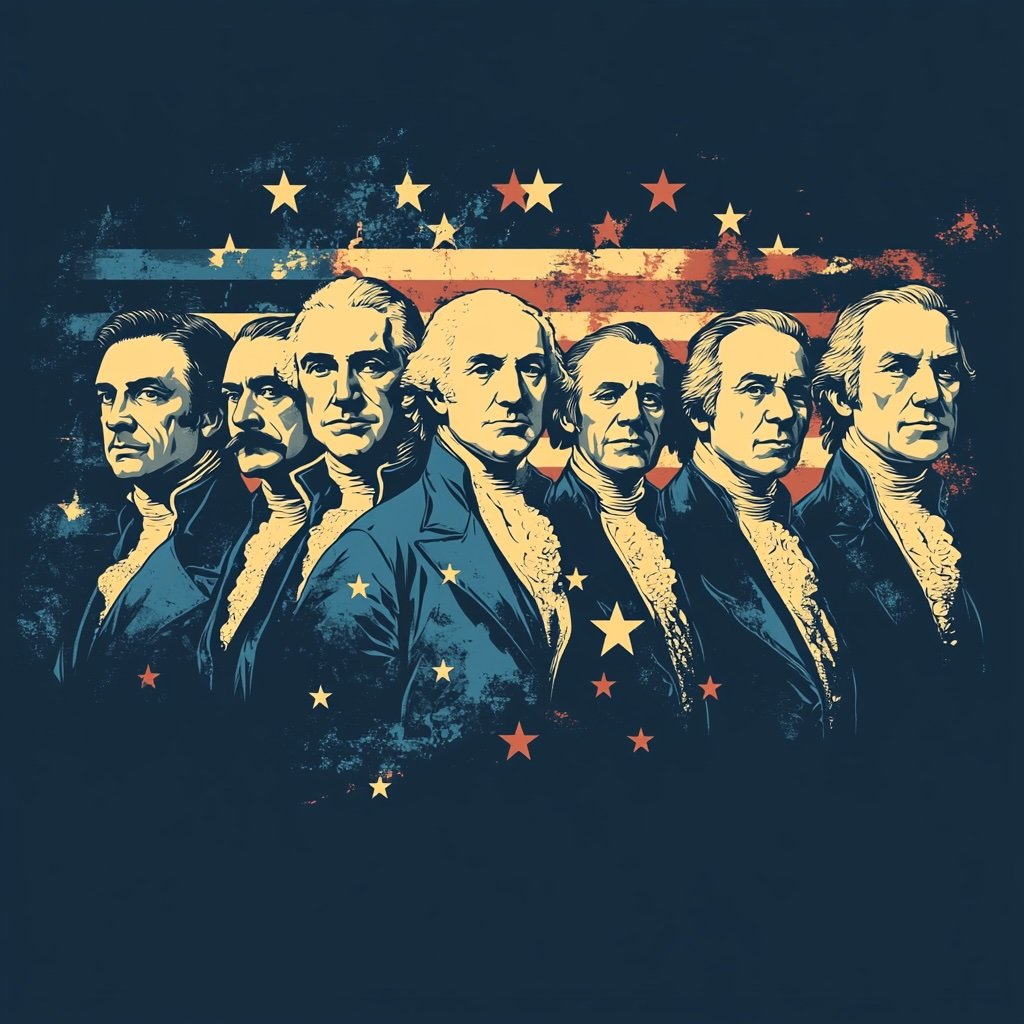
The Purpose of Judges.
Unpack the crucial distinctions between the left, conservatives and liberals on legal fairness, and see why their approaches to rights, reform, and equality can lead to dramatically different outcomes in the courtroom.

Hate.
For the left, eradicating hate is the path to utopia, yet conservatives argue that hate, like all primal emotions, can be harnessed—directed toward true evils rather than suppressed or misapplied. Carl Jung’s insights deepen the debate, warning that unacknowledged anger festers, sabotaging both individual well-being and social harmony.

America’s Founders.
America’s founders have become lightning rods in today’s culture wars. Their legacies are fiercely contested between those who see them as visionary champions of liberty and those who see them as rich white slaveowners. The contradictions they embodied are not relics of the past—our own lives are entangled in modern injustices, from the minerals in our smartphones to the labor behind their assembly. The uncomfortable truth is that every era is built on moral compromises that demand honest reckoning rather than easy condemnation.

World Citizen.
The modern left’s embrace of global citizenship collides head-on with the conservative defense of national identity. This has ignited fierce debates over borders, loyalty, and belonging. As historical symbols are recast and national pride is scrutinized, the very fabric of what binds people to their countries is being unraveled and rewoven.

The Death Penalty.
The left opposes the death penalty on ethical grounds, insisting that no crime warrants such an irreversible punishment. Yet, in recent years, some far-left voices have glorified revolutionary violence as a tool for change. Conservatives, by contrast, argue that certain atrocities demand the ultimate penalty, viewing justice as inseparable from retribution. Their opponents, however, criticize this stance as a Christian contridiction. This clash of principles exposes an uneasy paradox: calls for compassion can coexist with the allure of violent upheaval.

Illegal Immigration.
The left rejects the label “illegal,” pushing instead to erase lines between citizens and non-citizens. Conservatives insist on border security and legal entry, warning that blurring these lines threatens the very fabric of the nation.

Cultures.
The debate over cultural equality versus cultural achievement is a dividing point between the left and conservatives. These perspectives highlight the tension between respecting every culture on its own terms and recognizing the powerful draw of societies that offer greater freedom and opportunity.

The Primary Problems Facing Black Americans.
Is the biggest barrier for Black Americans today racism—or the breakup of Black families? From systemic injustice to family structure, the left and conservatives offer sharply different explanations for inequality.

God and Society.
The differences between the left and conservatives regarding the role of God and religion in America are significant. The left typically treats religion as a private matter, often restricting its influence in public spaces while embracing other belief-based movements in schools and society. In contrast, conservatives generally advocate for a society rooted in religious values, believing that faith provides an essential moral foundation, yet they also support the separation of church and state.